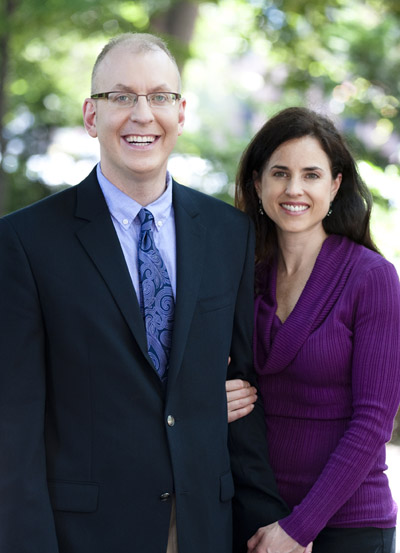Meet Dr. Malkin
 Dr. Craig Malkin is an Instructor in Psychology for Harvard Medical School and licensed psychologist with two decades of experience in helping couples, individuals, and families. His research on the role of relationships in psychological growth has been published in peer-reviewed journals, and psychologytoday.com has called his blog Romance Redux “an essential read.”
Dr. Craig Malkin is an Instructor in Psychology for Harvard Medical School and licensed psychologist with two decades of experience in helping couples, individuals, and families. His research on the role of relationships in psychological growth has been published in peer-reviewed journals, and psychologytoday.com has called his blog Romance Redux “an essential read.”
After teaching in local universities, Dr. Malkin became a Chief Psychologist at Harvard Medical School’s Cambridge Hospital, in Cambridge Massachusetts, where he instructed interns, residents, and fellows in the theory and practice of psychotherapy. In 2003, he left this position to expand his private practice and continued to supervise and teach for Harvard Medical School’s training program.
Dr. Malkin’s advice and insights on a wide range of topics within his areas of expertise have been featured in major national and international on-line and print media magazines and newspapers, including Match.com’s Happen Magazine, Marie Claire, and Women’s Health, as well as popular TV and radio news shows. He continues to practice full time in Harvard Square, in Cambridge Massachusetts, and serves as president and director of his own therapy and consulting company, YM Psychotherapy and Consultation, Inc., which he owns and operates with his wife, Dr. Jennifer Leigh.
Education
PhD, Clinical Psychology – University of Missouri
Internship, Harvard Medical School (Massachusetts Mental Health Center)
Post-doc, Harvard University Mental Health Services
Clinical Experience
Full CV available upon request.


